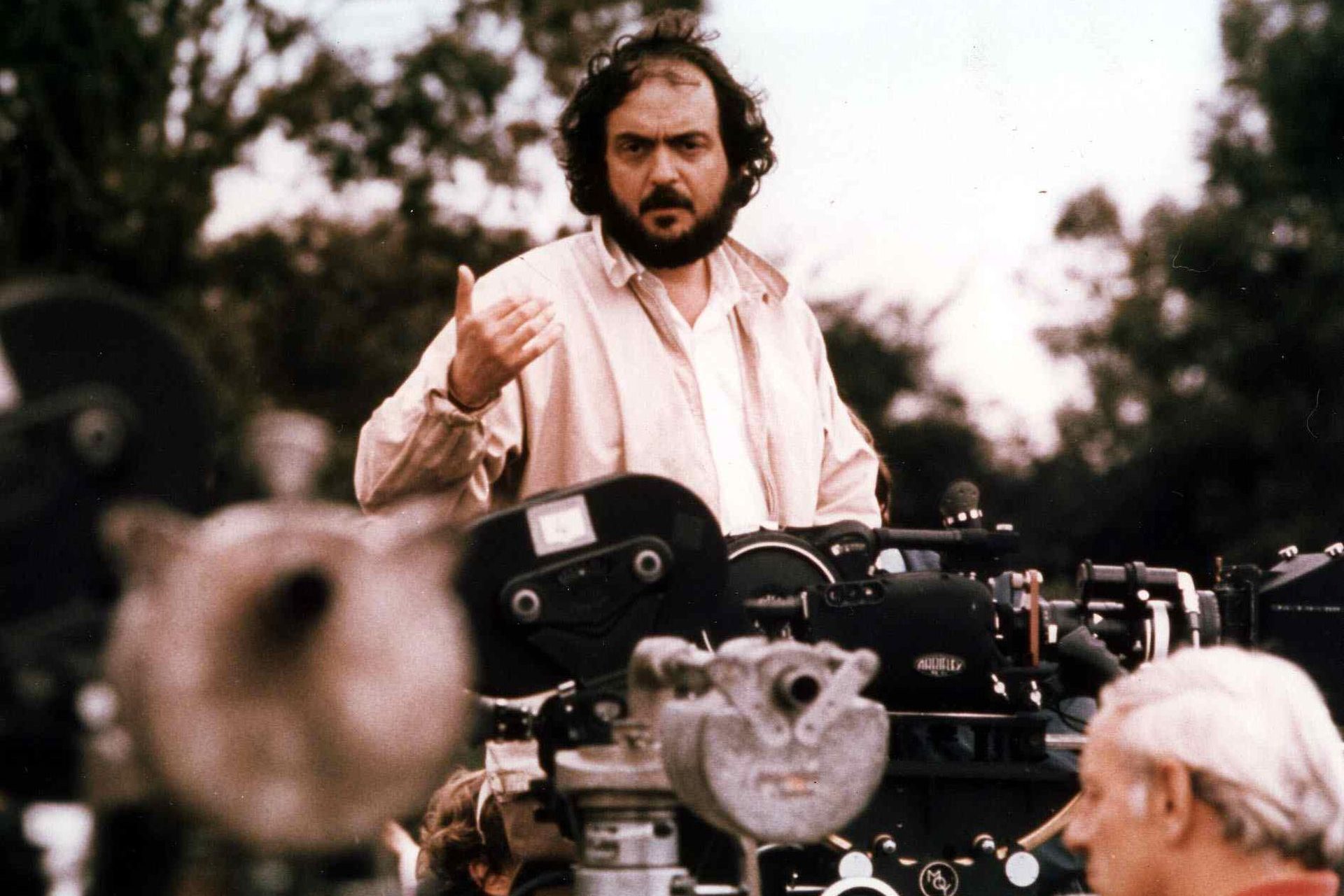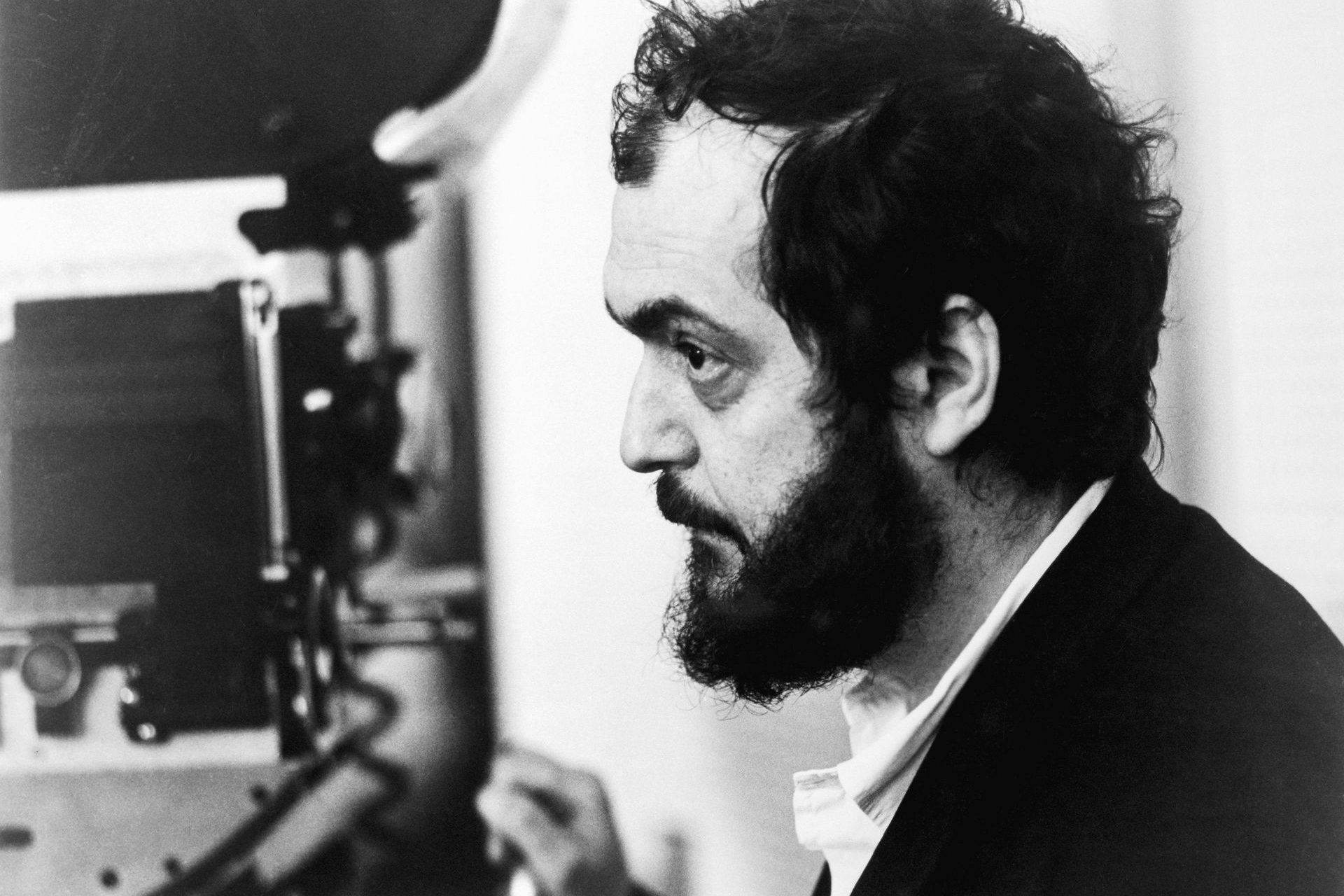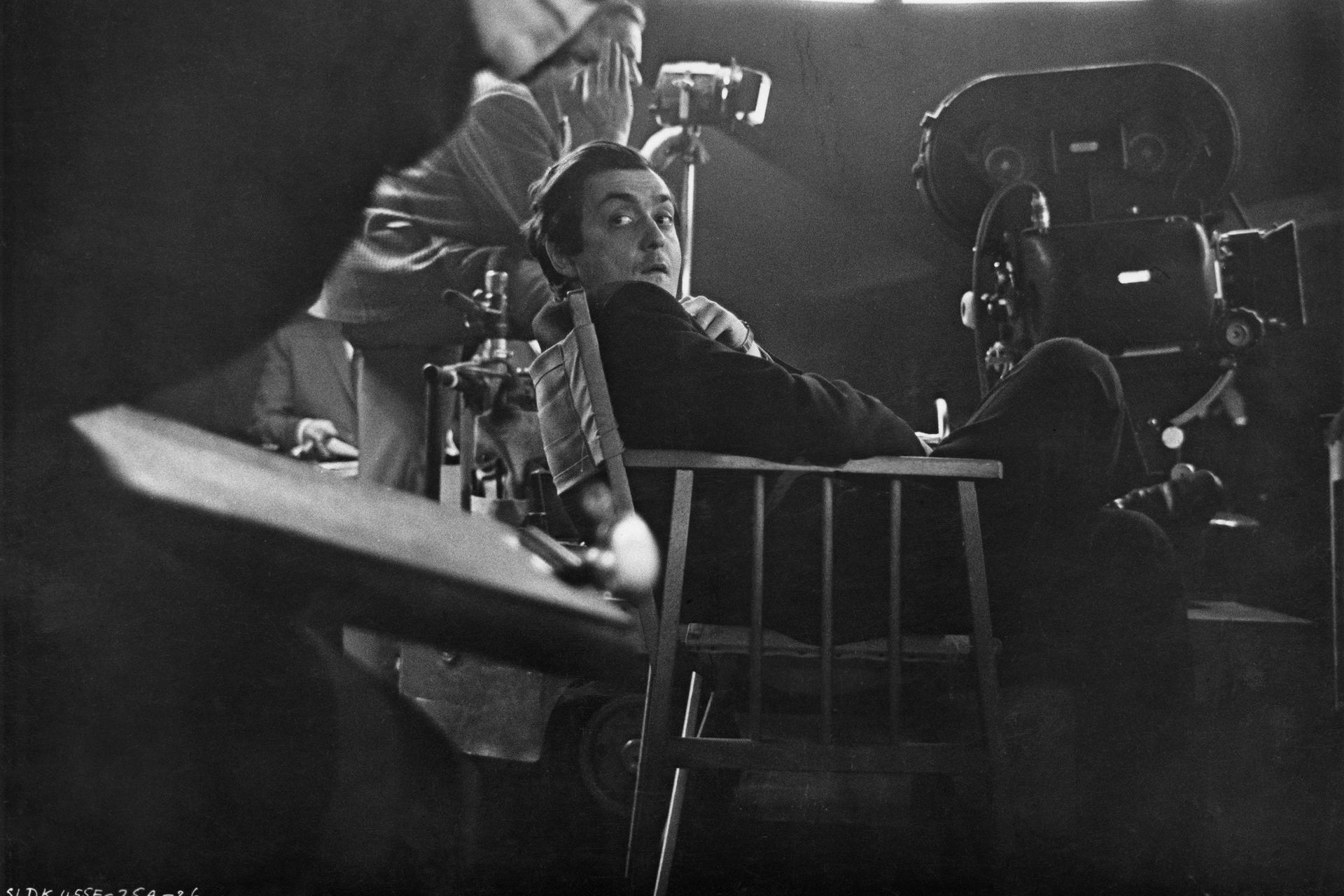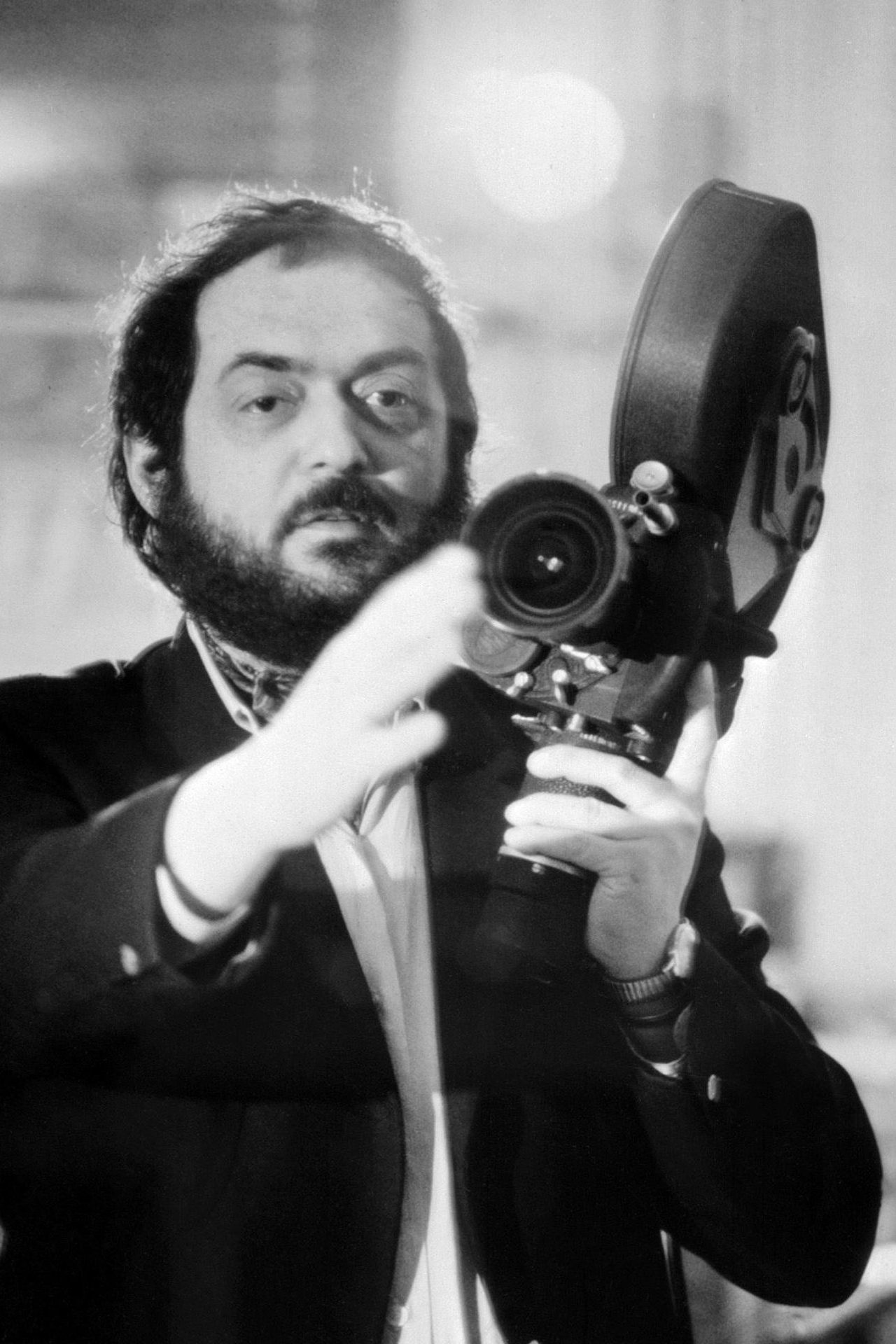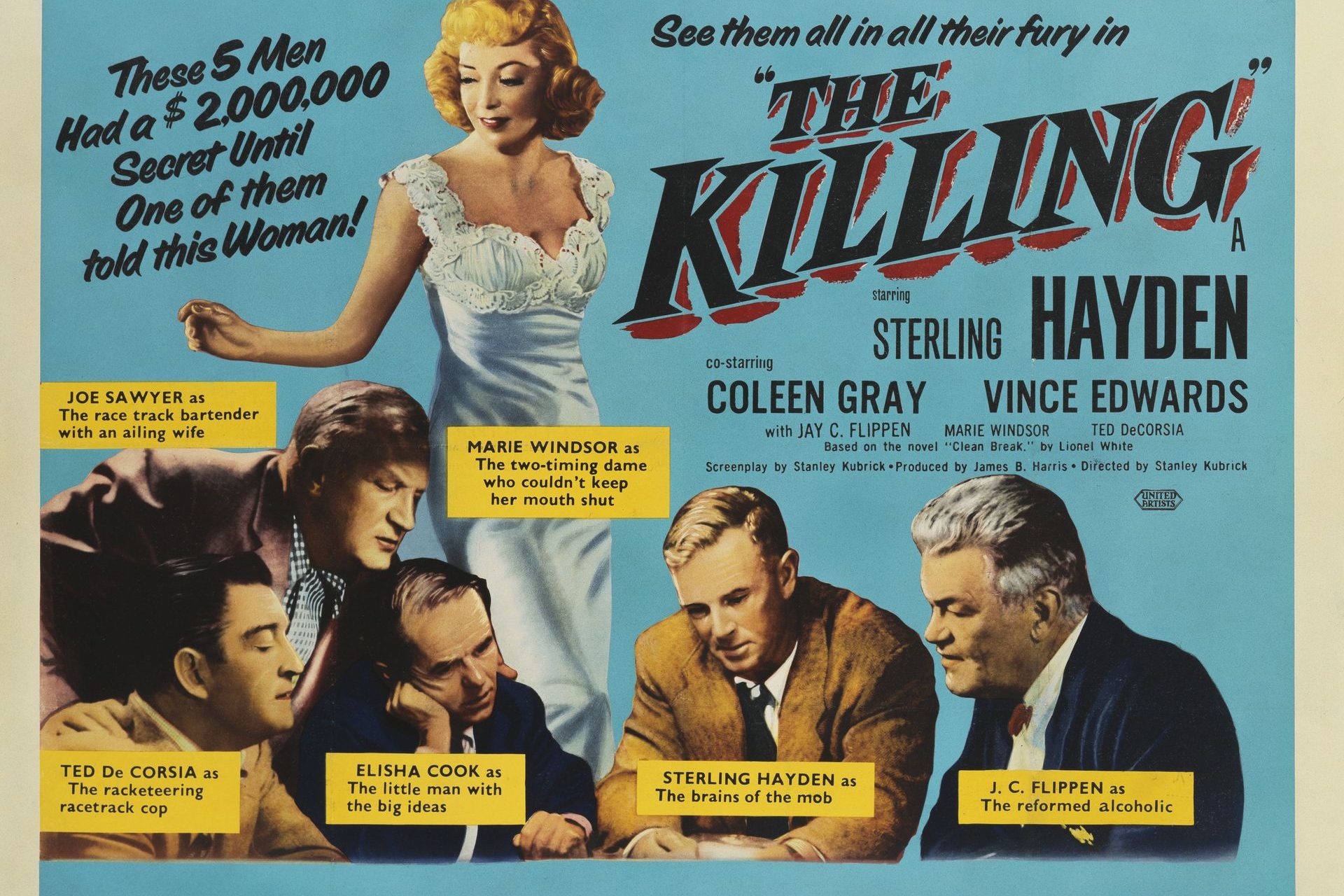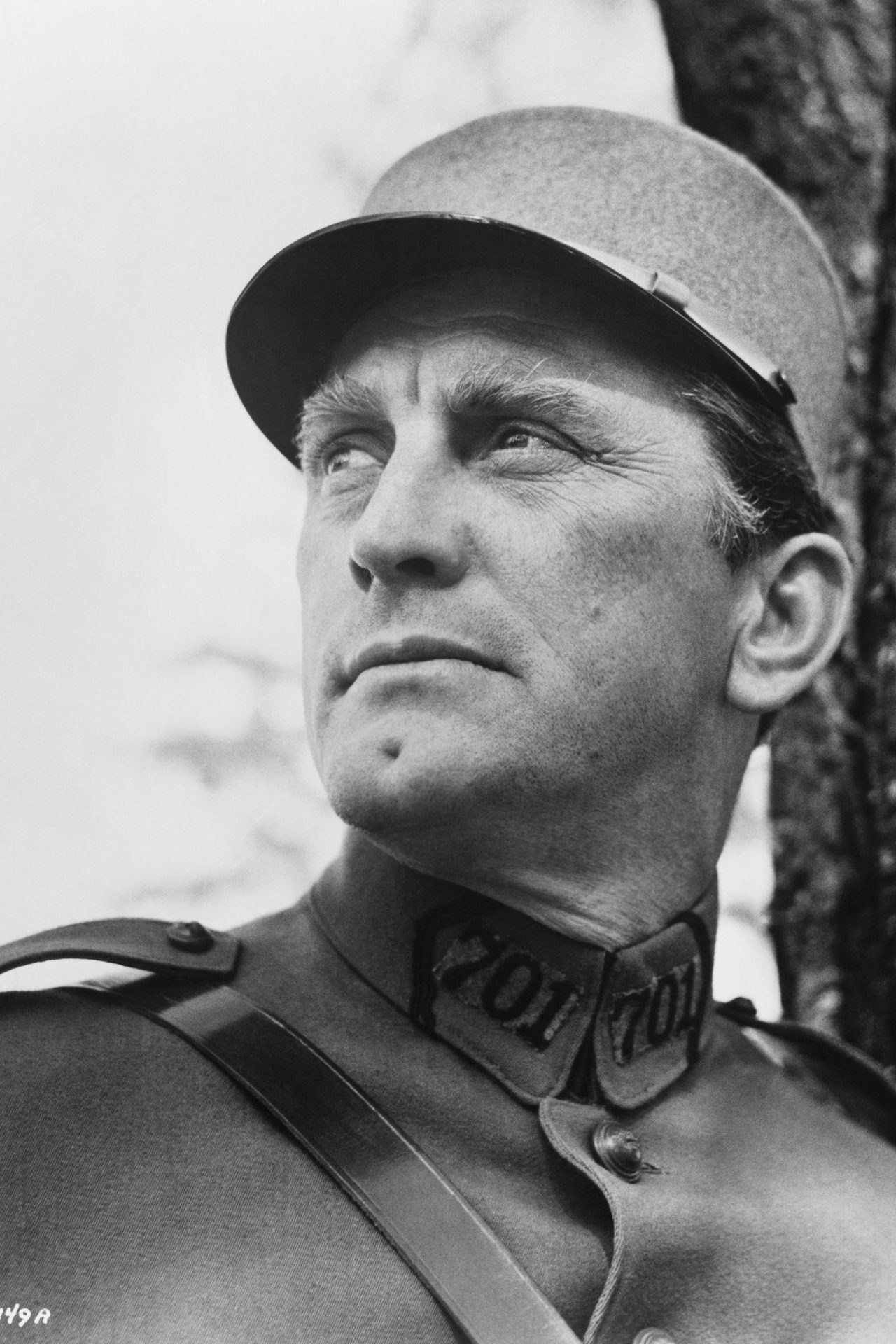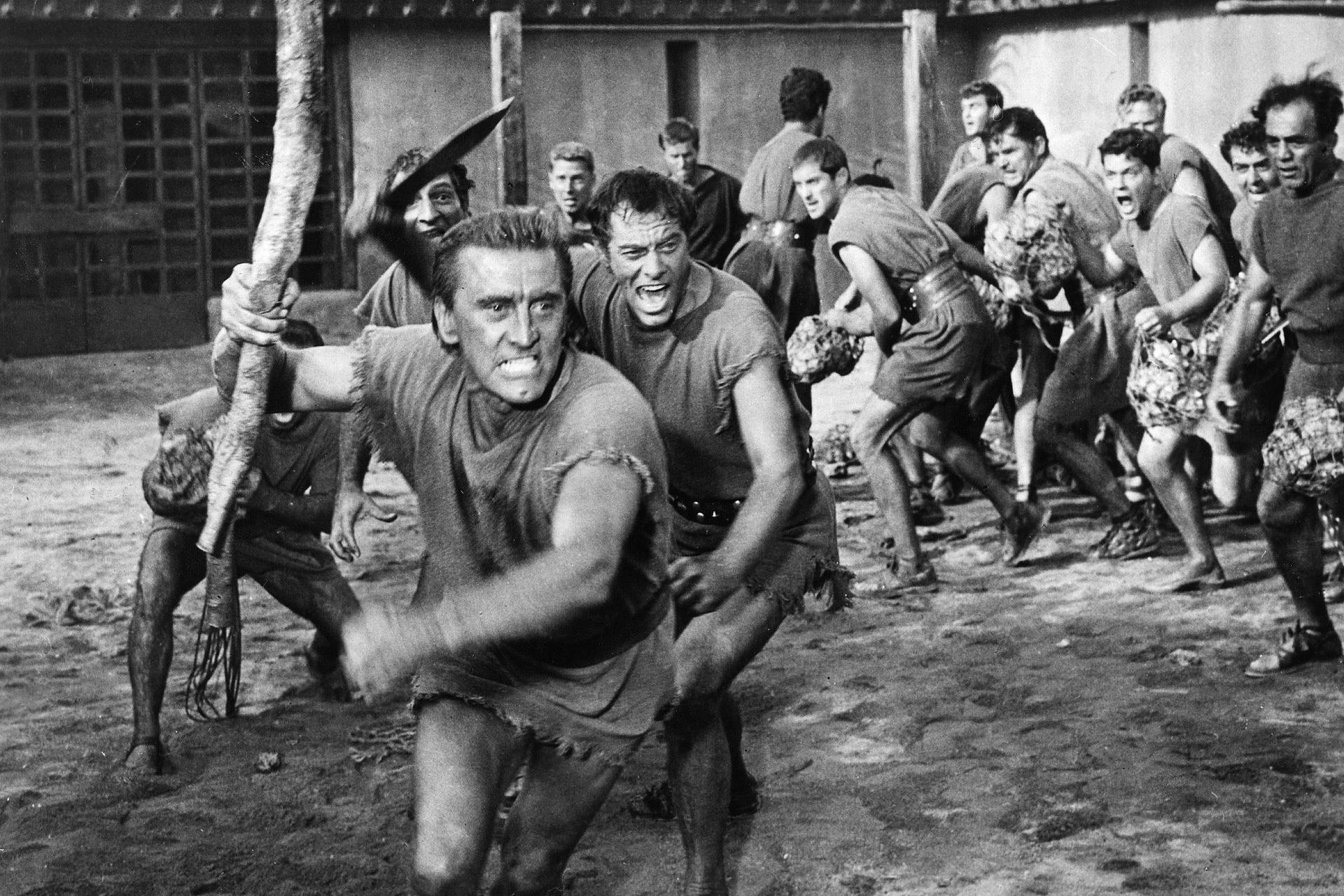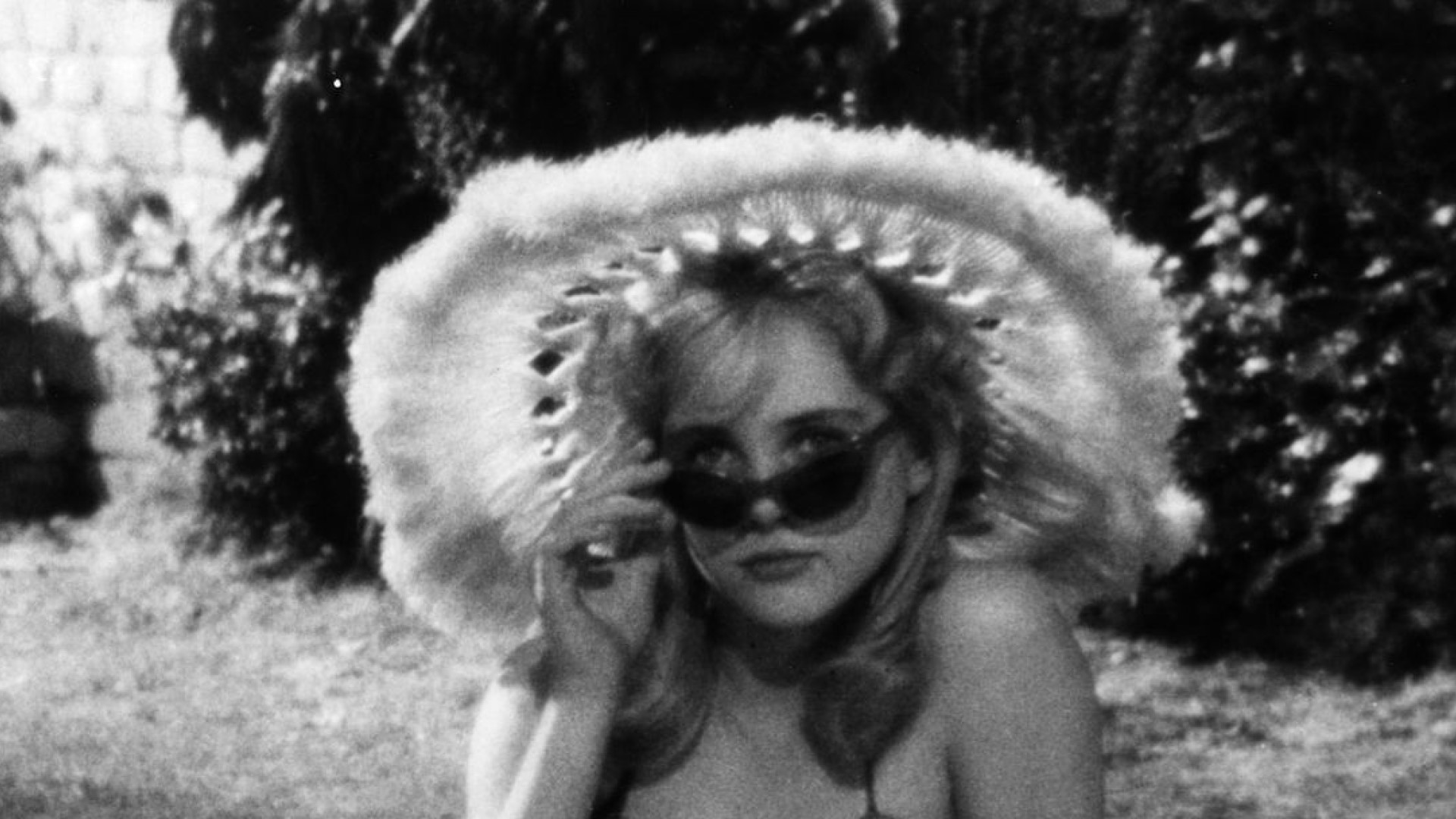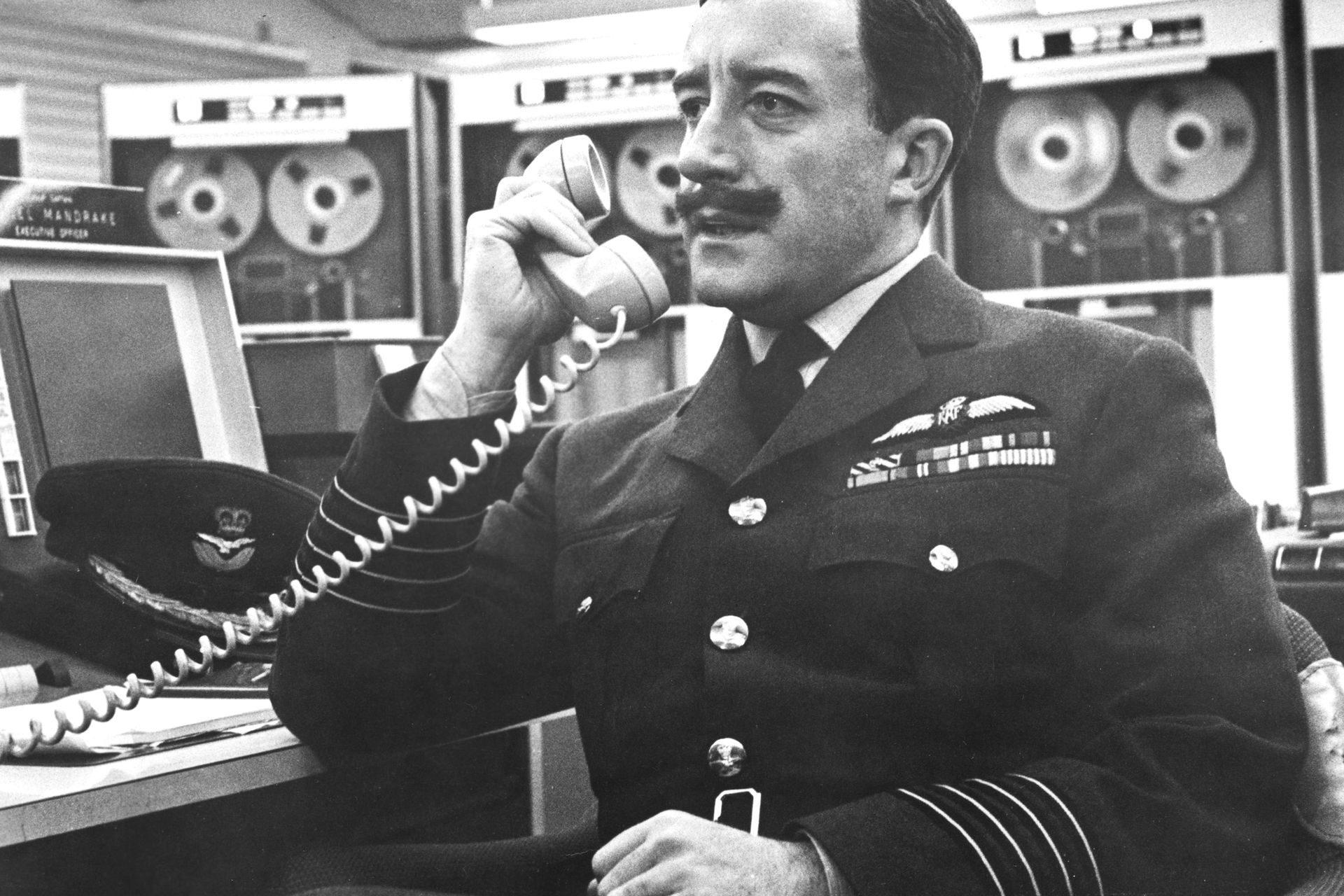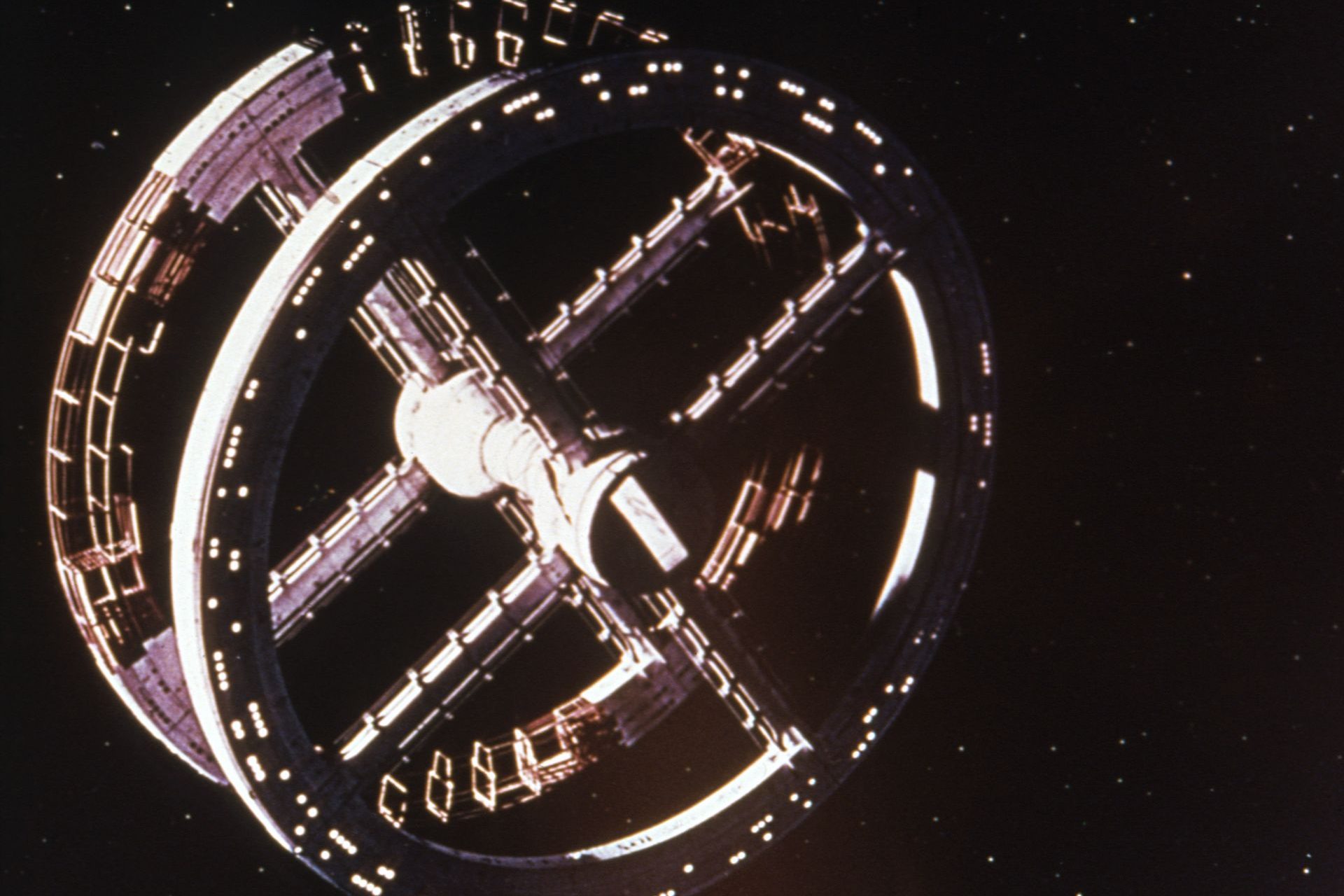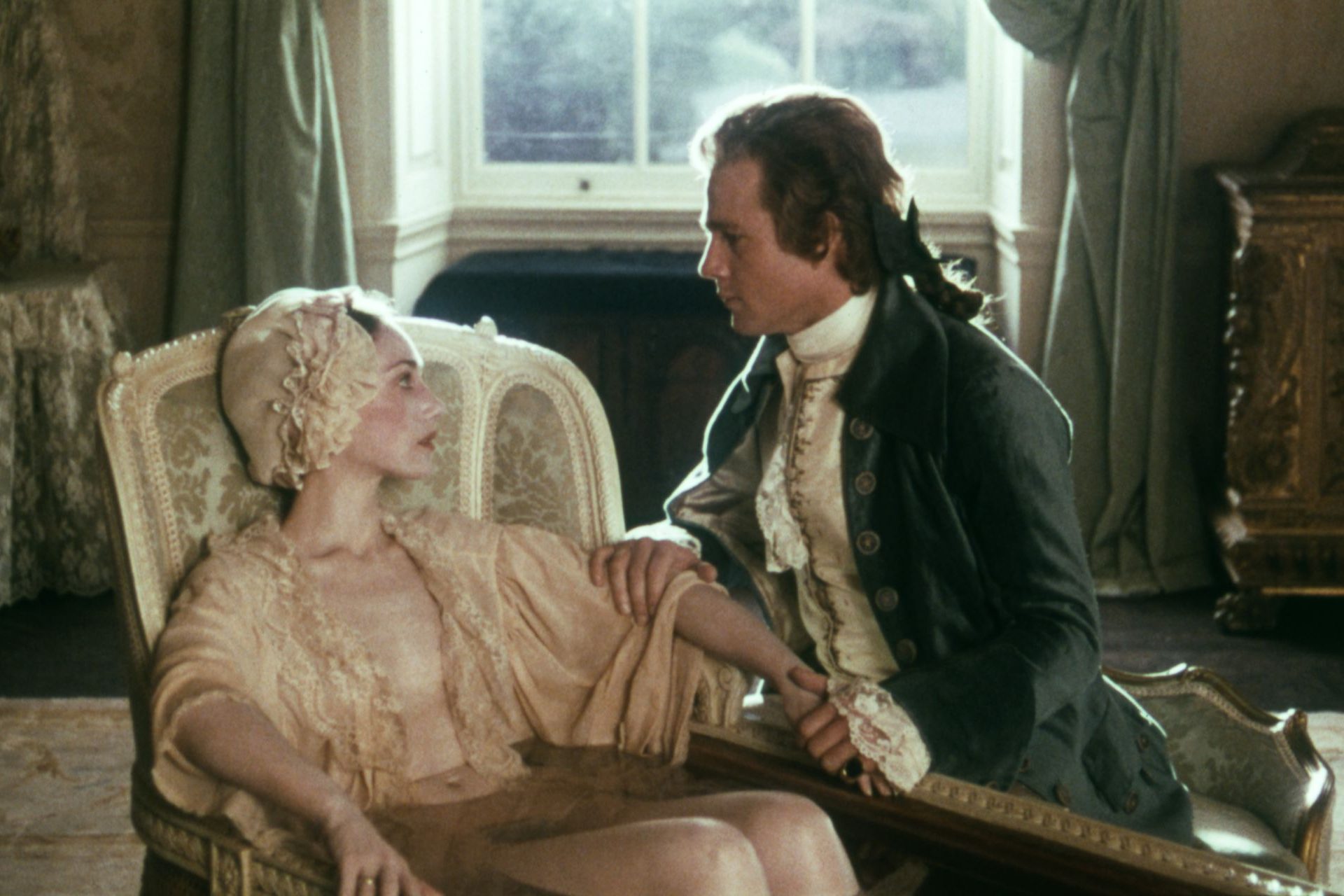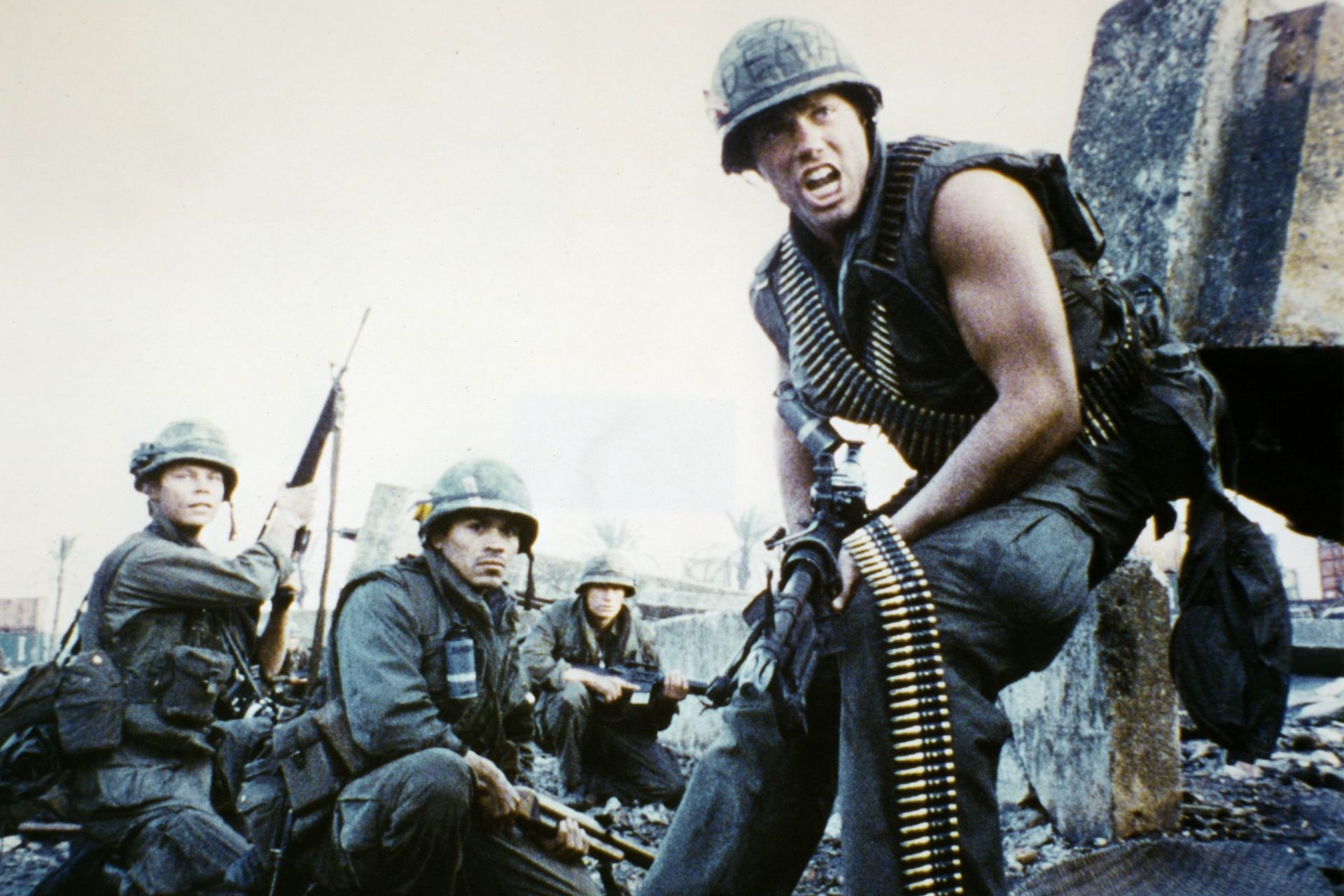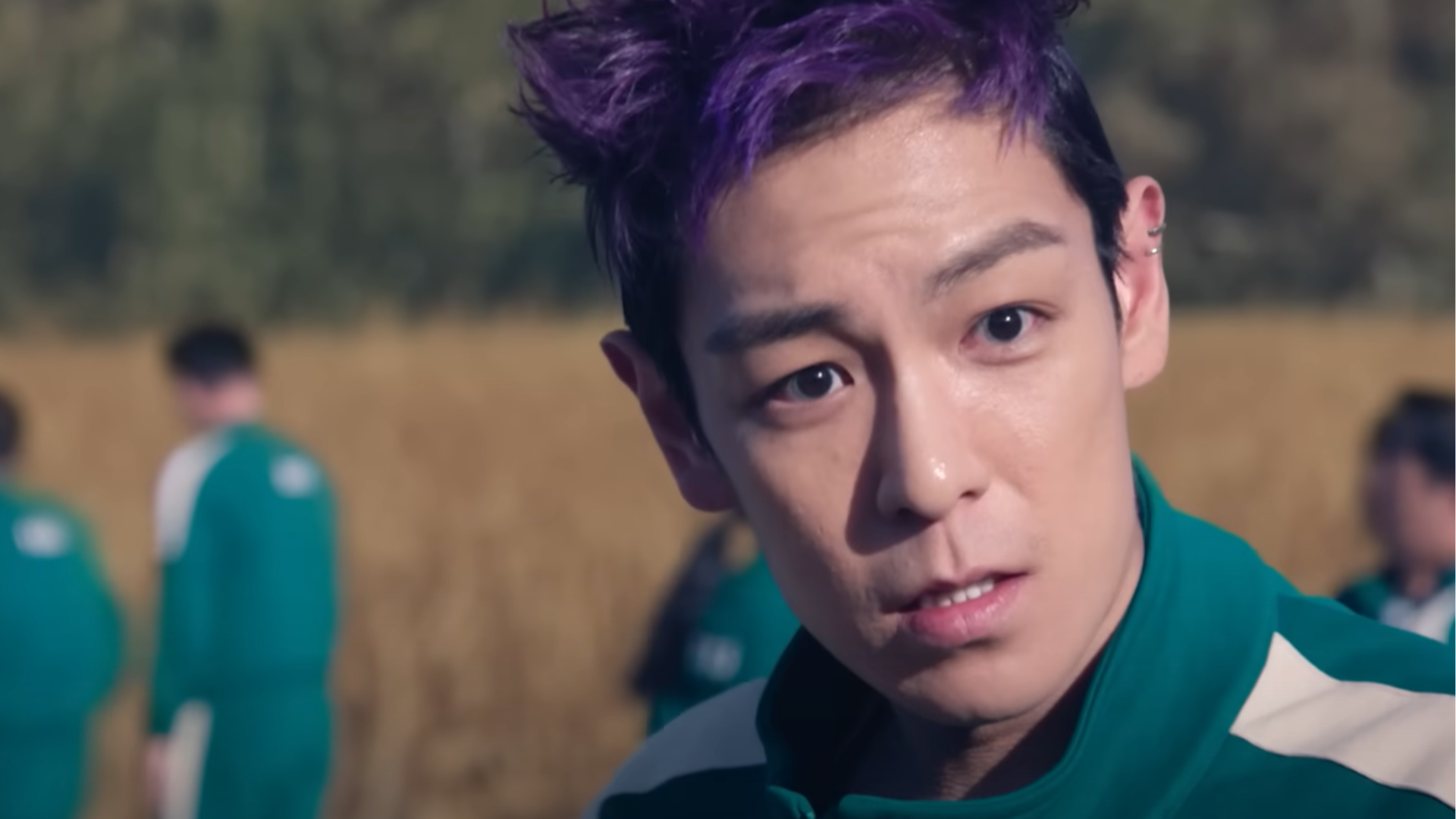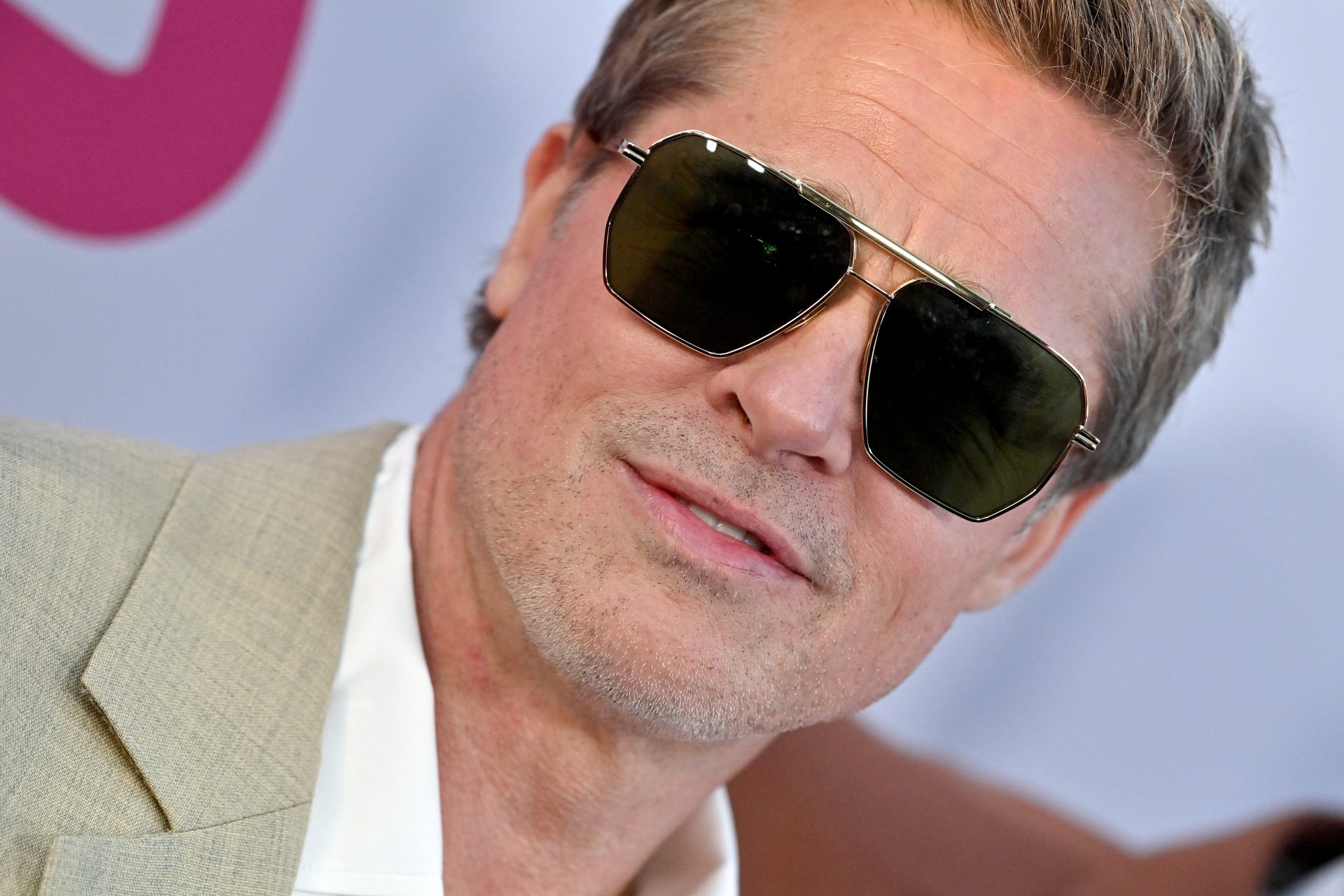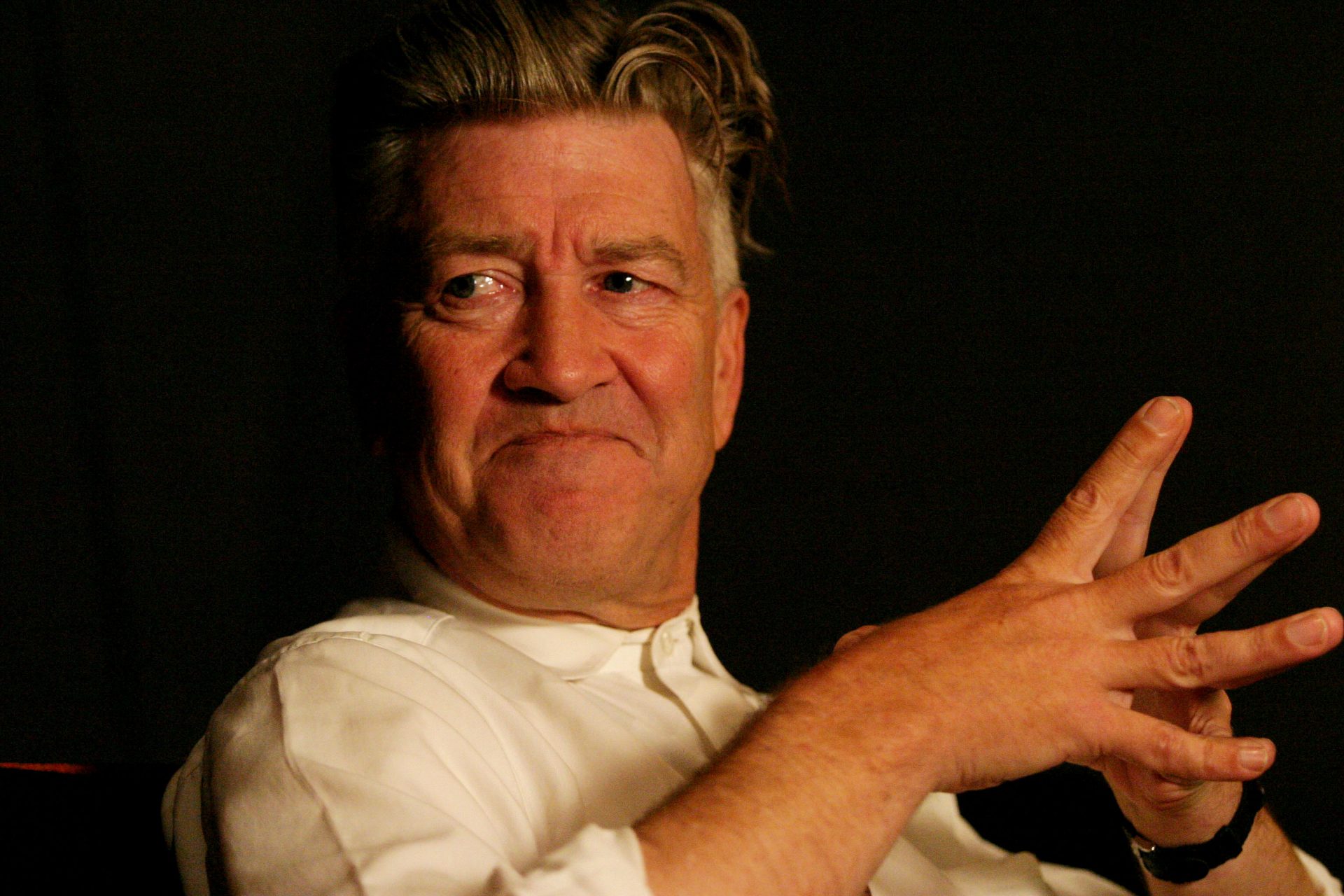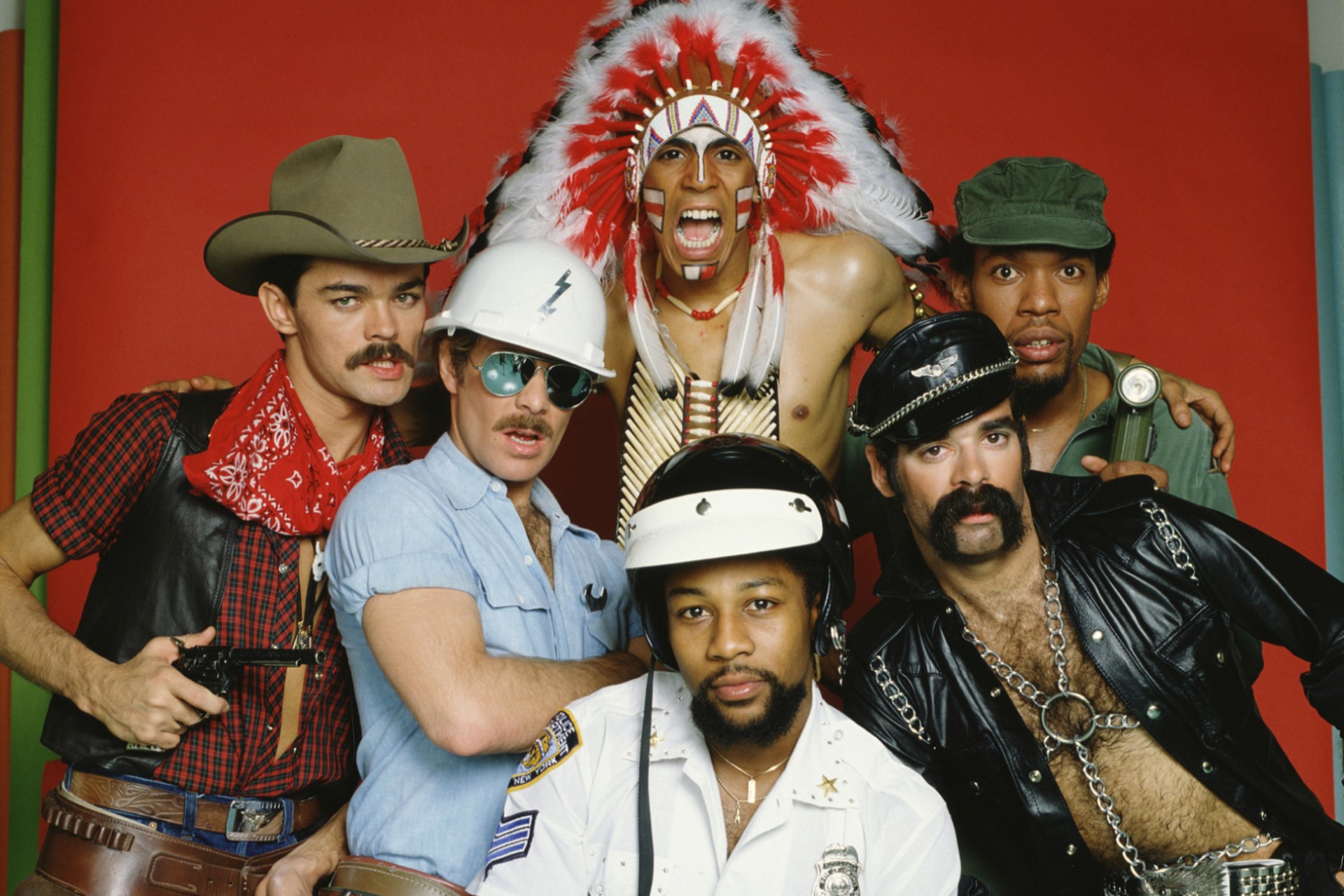25 years since his death: rediscover Stanley Kubrick's extraordinary films
In March 1999, the legendary American director Stanley Kubrick passed away at the age of 70 in his English manor, leaving the entire film world in mourning. He died of a heart attack in his sleep, just six days after screening the final cut of 'Eyes Wide Shut.'
Although he directed relatively few films over nearly 50 years of activity, Kubrick left behind an exceptional body of work. Let's rediscover the masterpieces of this giant in cinema!
Don't want to miss the best entertainment news and analysis? Follow us here!
First among his feature films and one of his three war movies, 'Fear and Desire' (1953) illustrates, as its title suggests, the fears and desires of four soldiers hidden behind enemy lines.
A quintessential film noir from post-war Hollywood, 'Killer's Kiss' tells the story of a down-and-out boxer's struggles and love affair. Made on a shoestring budget, this drama also paints a wonderful picture of New York's seedy underworld.
The director's third feature film, 'The Killing,' portrays the planning and downfall of a heist organized by a man just released from prison, played by Sterling Hayden.
Stanley Kubrick's second war film, 'Paths of Glory,' achieved greater success than 'Fear and Desire.' This anti-war indictment features a French officer from World War I, played by Kirk Douglas.
Filmmaker of war and human nature, Kubrick also ventured into the historical film genre with 'Spartacus' (1960), an epic that tells the story of the uprising led in ancient Rome by the eponymous slave, again portrayed by Kirk Douglas.
In this adaptation of Vladimir Nabokov's famous novel, the director skillfully captures the desire of a middle-aged man for a teenager, brilliantly revealing some of the most disturbing aspects of human nature
A wild comedy set against the very real threat of nuclear war: 'Dr. Strangelove or: How I Learned to Stop Worrying and Love the Bomb' (1964), features Peter Sellers in a dazzling form, playing the triple role of the President of the United States, an army officer, and the ominous Dr. Strangelove...
A science fiction masterpiece, '2001: A Space Odyssey' remarkably depicts a space voyage.'I tried to create a visual experience that bypasses verbal understanding and its constructs, to penetrate directly into the unconscious with its emotional and philosophical content,' Kubrick said, according to Radio France.
In this deliberately colorful and provocative film, Kubrick tackles themes of unrestrained violence, impulse, and desire. More than 50 years after its release, 'A Clockwork Orange' remains one of his most iconic films. It was also based on an iconic book.
Here, we're back to the historical genre. In 'Barry Lyndon' (1975), Stanley Kubrick brings to the screen the rise and fall of an Irish adventurer in 18th-century British high society.
This one is not for the faint of heart. Adapted from a Stephen King novel, this terrifying enclosed space, led by an outstanding Jack Nicholson and Shelley Duvall, depicts how a husband and father descends into murderous madness.
The third and final war film by the American director, 'Full Metal Jacket' (1987), follows the journey of 'Marines,' from their brutal training to their immersion in the quagmire of Vietnam.
Adapted from Arthur Schnitzler's 'Dream Story,' 'Eyes Wide Shut' (1999) is the very last film by Stanley Kubrick. Starring Tom Cruise and Nicole Kidman, it portrays a seemingly perfect young couple who give in to temptation and allow their instincts free rein.
With a rich and varied filmography, Kubrick's raw sensitivity is matched only by his disillusioned view of human nature. His only regret was not having made even more films. What about you, which of his films is your favorite?
Don't want to miss the best entertainment news and analysis? Follow us here!

